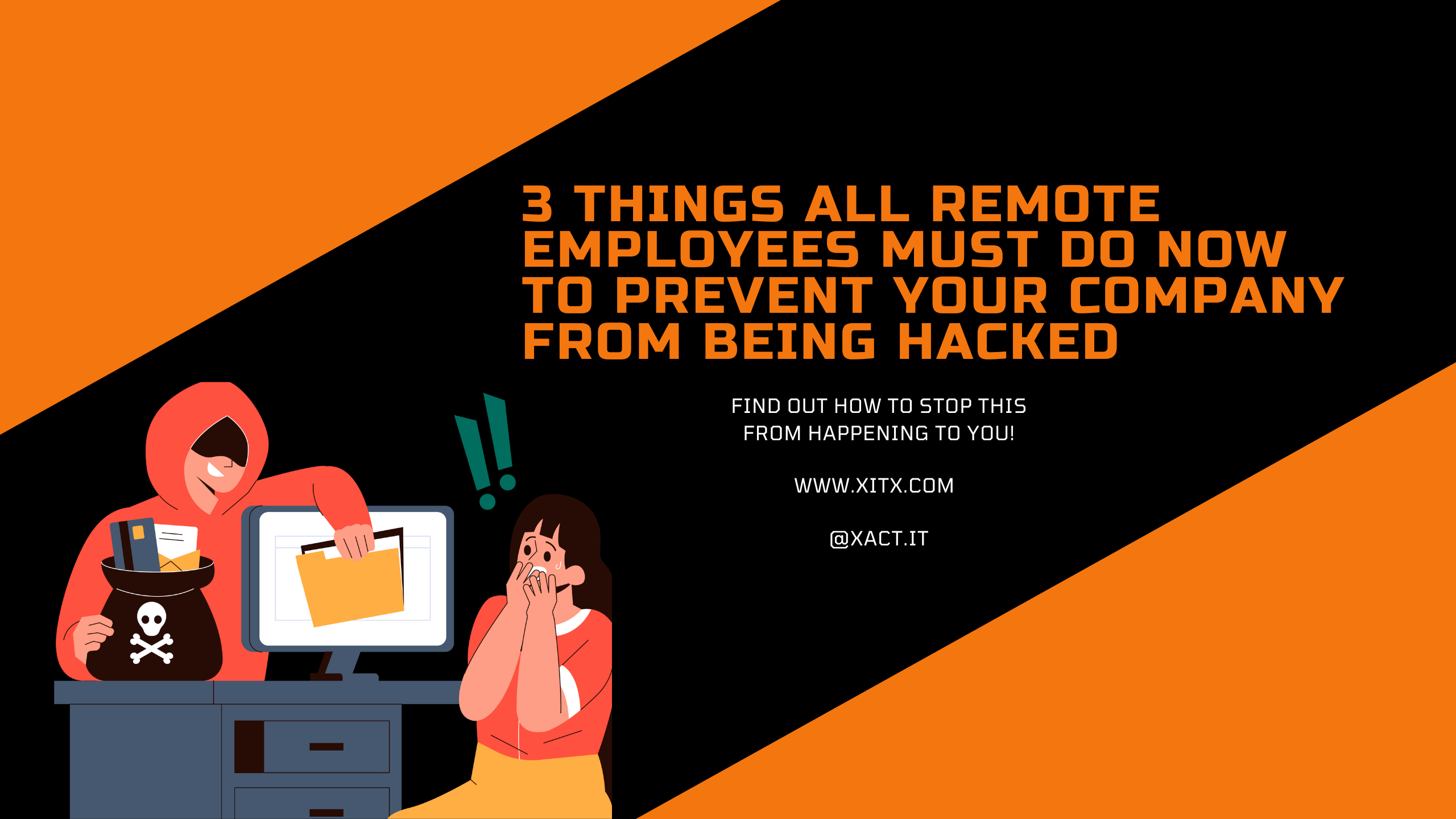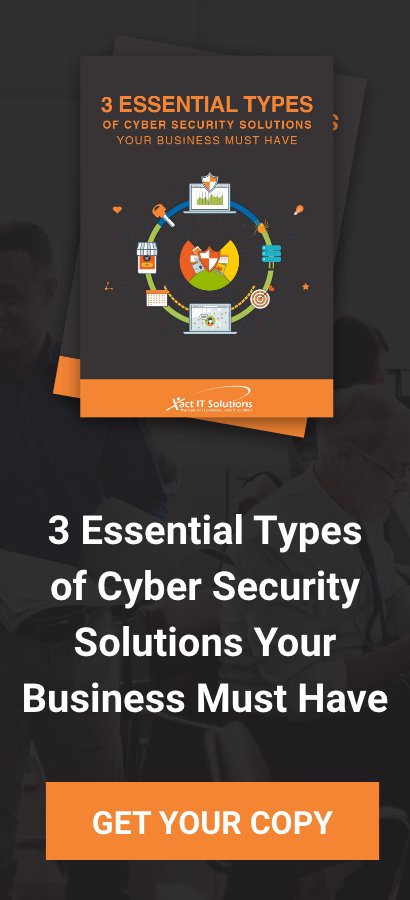Have you ever had a conversation about a topic, and then later that day you start seeing news, ads or updates about that subject, and said to yourself, “This can’t be a coincidence”?
Well, you’re probably right.
According to Norton, who you may remember as an antivirus software company and who now also owns LifeLock, your smart devices ARE listening to you because that’s their job.












